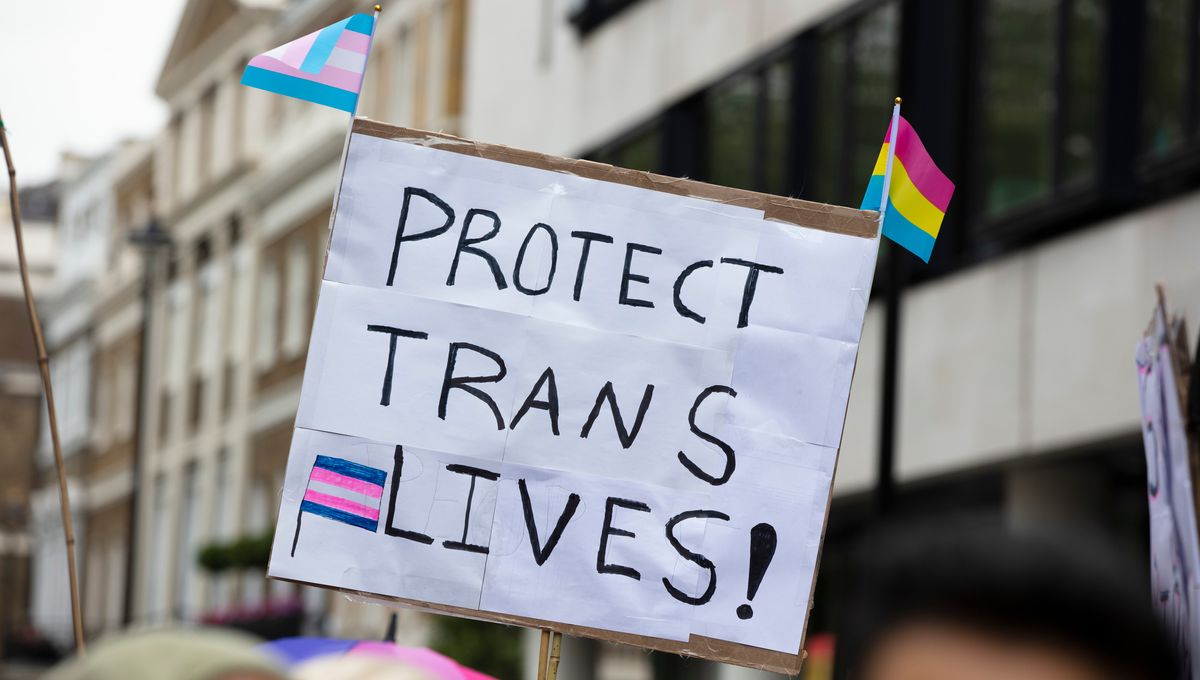
The World Health Organization (WHO) has updated its guidelines regarding trans and gender-diverse people, providing new directions on how to best serve this marginalized community. The guidelines touch on several diseases that are prevalent in the community but stress how social and structural barriers deprive and obstruct access to healthcare and other essential services. The main recommendations are simple: gender-affirming care and recognition of gender identity in official documents improve access to healthcare.
The new “Consolidated guidelines on HIV, viral hepatitis and STI prevention, diagnosis, treatment and care for key populations” focus on five different populations that are more at risk from these infections: men who have sex with men, trans and gender-diverse people, sex workers, injectable drug users, and people in prisons and other closed settings. The communities have different needs and while overlapping in cases, the WHO set out to highlight how best to serve them.
The guidelines accurately discuss how social, legal, structural, and other contextual factors increase the risk of HIV, Hepatitis, and other STIs for these populations. These same factors also make it more difficult for them to access healthcare. The WHO finds that those population deal with inadequate coverage and poor quality services, something that continues to undermine wider responses against diseases.
“All countries should prioritize reaching these key populations and supporting key population communities to lead the response and provide equitable, accessible, and acceptable services to these groups,” the guidelines state.
The WHO has expanded previously written best-practice on how to treat and provide support for the trans and gender-diverse community. The interventions are varied as not every trans and non-binary person will have the same needs, although the crucial starting point is how to conduct respectful reception, registration, and medical examination of members of this community.
The organization, the highest authority on health in the world, also called on countries to remove punitive laws, policies, and practices as well as to actively work on reducing stigma and discrimination. Addressing violence against these marginalized groups is key to that.
As demonstrated during the current monkeypox outbreak men who have sex with men, trans and gender-diverse, and sex worker communities worked together with health organizations, often against slow governmental responses, to curb the spread of the disease. Community empowerment is clearly important to achieve some of these goals for vulnerable populations but it can’t work without the removal of discriminatory practices.
In a commentary, published this week in the Journal of the International AIDS Society, some of the authors of the guidelines summarized the WHO’s work carried out so far to support the wider trans community in access to healthcare, praising its commitment and improvement of support for the trans and gender-diverse community. However, it also called for the WHO to work together with the United Nations, as well as professional and community trans organizations, for better guidelines beyond STIs, to support the idea of universal health coverage for every single person on the planet.
Source Link: WHO Calls For Delivering Gender-Affirming Care To Protect Trans People